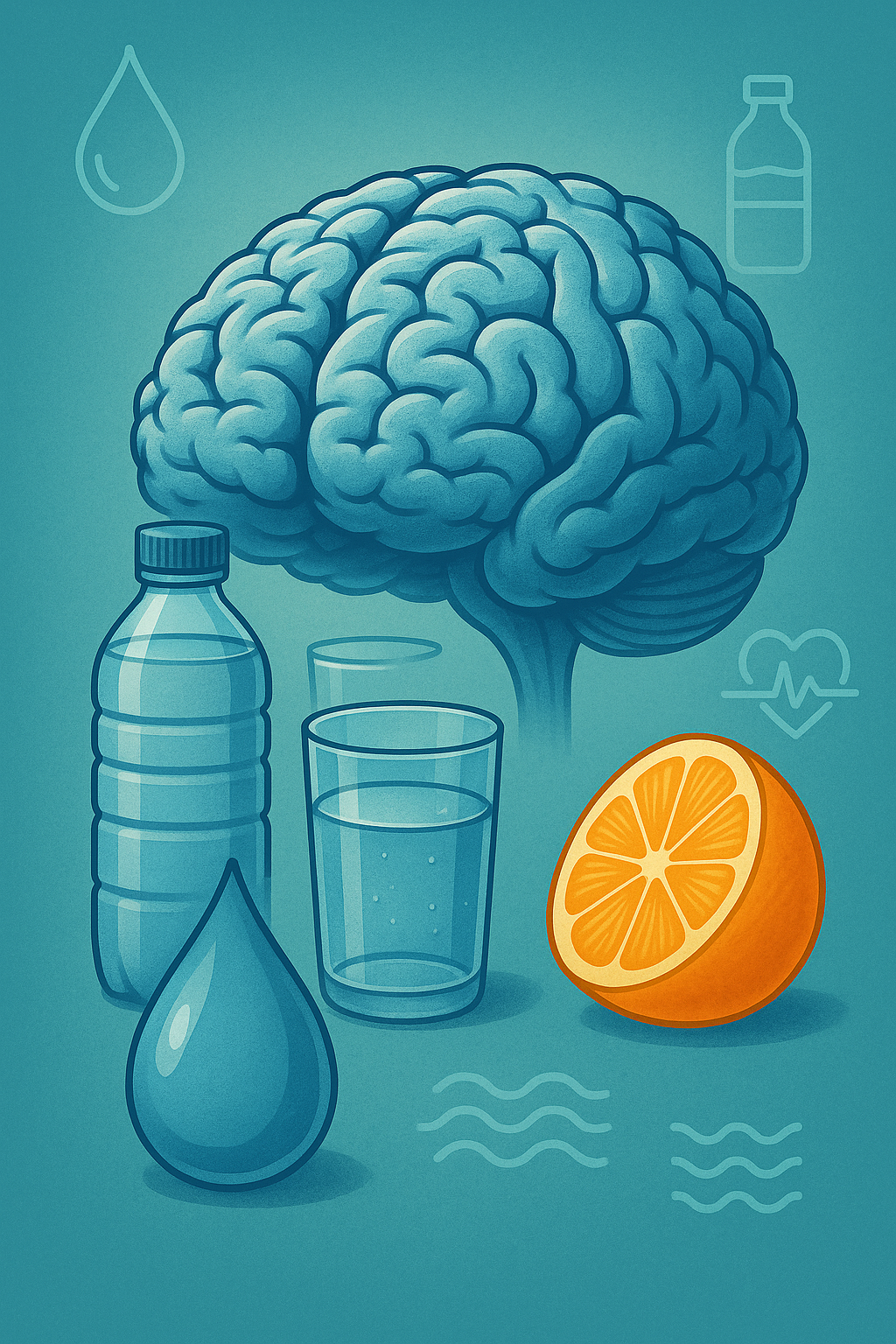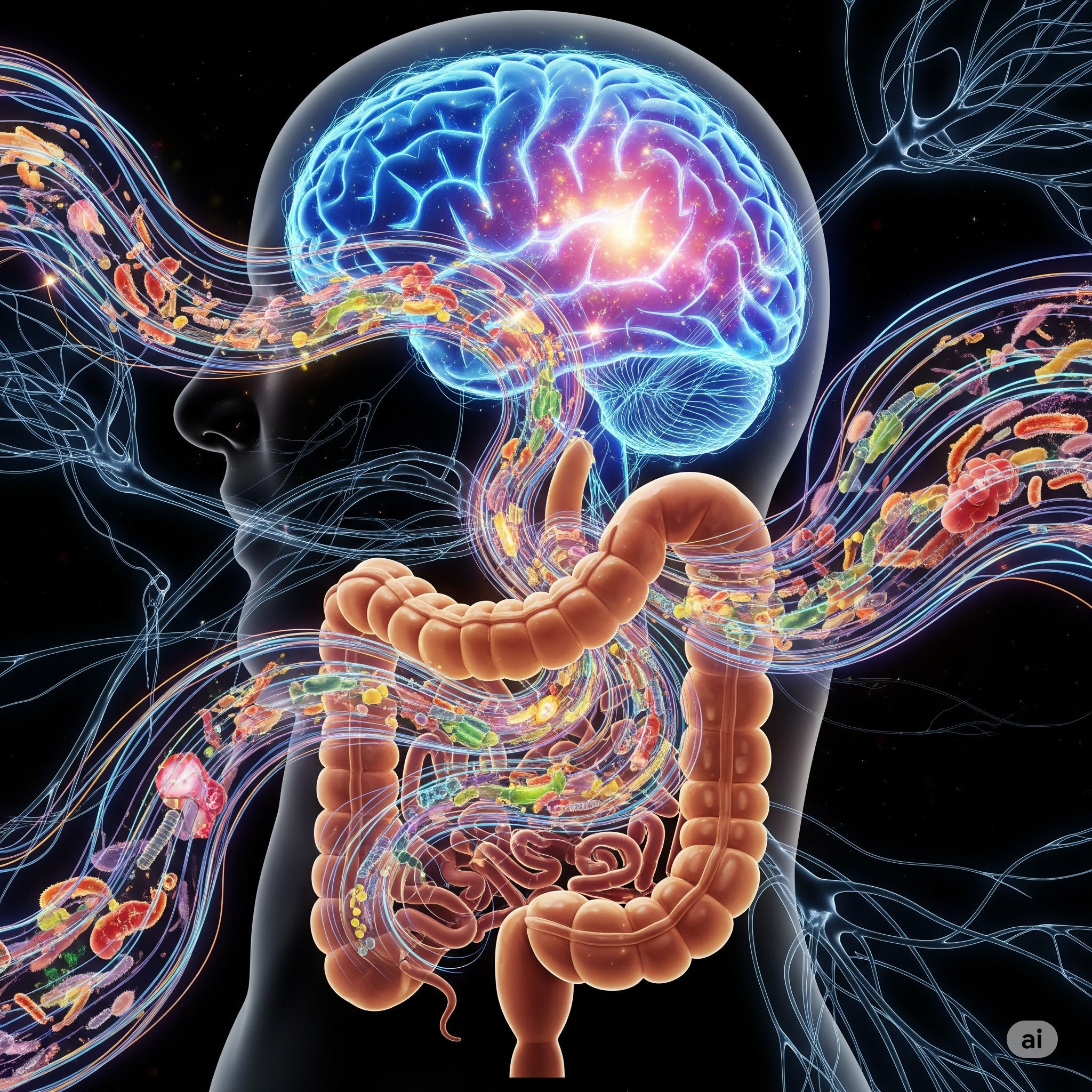✅ Introduction
Despite longstanding public health recommendations on daily water intake—such as “8 cups a day”—there has been limited high-quality evidence to support these guidelines. This systematic review by Hakam et al. (UCSF & Weill Cornell) analyzed randomized clinical trials (RCTs) to understand whether actively increasing or decreasing daily water consumption affects key health outcomes in adults note.com+5pubmed.ncbi.nlm.nih.gov+5literature.chinacdc.cn+5.
🧪 Methods
- Data sources: PubMed, Web of Science, Embase (search through April 6, 2023) pubmed.ncbi.nlm.nih.gov.
- Inclusion criteria: RCTs that prescribed a specific change in daily water intake for a set period (from 4 days to 5 years), comparing to a usual-intake control group pubmed.ncbi.nlm.nih.gov+1pmc.ncbi.nlm.nih.gov+1.
- Total studies: 18 trials (15 parallel-group, 3 crossover).
- Population diversity: Studies included general adults, overweight individuals, kidney stone patients, migraine sufferers, diabetic patients, hypotensive subjects, and women with recurrent UTIs pubmed.ncbi.nlm.nih.gov.
📊 Key Findings
- Weight Loss
- Increased water intake consistently contributed to greater weight reduction compared to controls—ranging from 44% to 100% more weight loss pubmed.ncbi.nlm.nih.gov+1pmc.ncbi.nlm.nih.gov+1.
- Nephrolithiasis (Kidney Stones)
- Over a five-year period, participants who increased fluid intake experienced 15 fewer kidney stone events per 100 individuals profiles.ucsf.edu+2pubmed.ncbi.nlm.nih.gov+2profiles.ucsf.edu+2.
- Migraine Prevention
- One RCT suggested that higher fluid intake reduced the frequency of migraine episodespubmed.ncbi.nlm.nih.gov.
- Urinary Tract Infections (UTIs)
- In women with recurrent UTIs, increased water consumption led to fewer infections and longer intervals between episodes pubmed.ncbi.nlm.nih.gov.
- Diabetes Control
- A trial among diabetic patients noted improved glycemic control with increased hydrationprofiles.ucsf.edu+5pubmed.ncbi.nlm.nih.gov+5pmc.ncbi.nlm.nih.gov+5.
- Hypotension (Low Blood Pressure)
- Some evidence indicated symptomatic improvement in individuals with low blood pressure when they consumed more fluids .
- Outcomes: 10 of 18 studies (55%) reported at least one positive health benefit; 8 studies (44%) showed no significant effect pubmed.ncbi.nlm.nih.gov+1profiles.ucsf.edu+1.
⚠️ Limitations
- Small number of trials across diverse clinical conditions limits statistical power and generalizabilityprofiles.ucsf.edu.
- Heterogeneous designs: Variations in intervention length, quantities of water prescribed, and endpoint measurements make data pooling difficult.
- Control groups often lacked rigorous monitoring of their “usual” fluid intake.
🧭 Conclusions
- Increasing daily water intake appears to provide clear clinical benefits, particularly for weight loss and kidney stone prevention.
- Additional health benefits—such as reductions in migraines, UTIs, better glycemic control, and improved hypotension—are promising but require confirmation through larger, more rigorous RCTspubmed.ncbi.nlm.nih.gov+1literature.chinacdc.cn+1.
- Given water’s low cost and minimal risk, findings support the value of well-designed hydration trials across various health conditions.
🎯 Practical Recommendations
- Clinicians can consider recommending increased water consumption for patients at risk of kidney stones or seeking weight reduction.
- Hydration advice may also benefit individuals with recurrent UTIs, migraines, diabetes management issues, or low blood pressure.
- Future research should include standardized measurement of both intervention and control fluid intake and focus on long-term outcomes.


